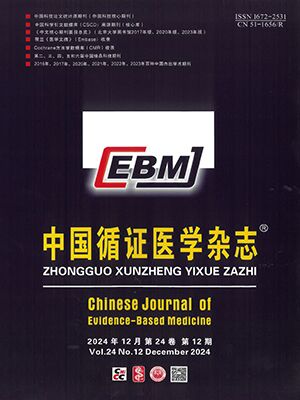Objective Based on the PSQ-18 scale, to evaluate the effects of disease classification early warning system (DCEWS) on operation quality of health examination center (HEC). Methods By means of the comparable and retrospective cohort study methods, using “PSQ-18” of American Rand Corporation as a tool, taking the date when HEC implemented DCEWS as node, and adopting statistic software for random sampling, it was divided into two groups: the traditional group (before implementing DCEWS, n=475) and the early warning group (after implementing DCEWS, n=473). The PSQ-18 scale scores of both groups were analyzed so as to assess the effects of DCEWS on HEC. Results Such factors as sex, age, education level and family average monthly income had certain effects on the score of PSQ-18, but there was no significant difference between the two groups (P gt;0.05); in the following 4 dimensions as the ways of interpersonal communication, degree of doctor-patient communication, convenience degree and the overall satisfaction of patients, the PSQ-18 scores of the traditional group and the early warning group were 4.0±0.92/4.2±0.97, 3.8±0.94/4.0±0.96, 4.4±0.60/4.6±0.6, 4.2±0.87/4.4±0.94, respectively, with significant differences (all P lt;0.05).
Conclusion The implementation of “Disease classification early waning system” can significantly increase the “patient satisfaction” of health examinees, and can significantly improve the operation quality of health examination center.
Citation: CHEN Beibei,ZENG Li,ZHANG Yang,HU Xiaoyu. Effects of Disease Classification Early Warning System on Operation Quality of Health Examination Center. Chinese Journal of Evidence-Based Medicine, 2012, 12(4): 413-419. doi: 10.7507/1672-2531.20120067 Copy
Copyright © the editorial department of Chinese Journal of Evidence-Based Medicine of West China Medical Publisher. All rights reserved
-
Previous Article
Analysis on Therapeutic Effects and Influencing Factors of Focused Ultrasound in 7027 Patients with Cervicitis Related Diseases -
Next Article
A Status Survey on Inpatient Disease Constitution in Traditional Chinese Medicine Hospital of Xinjiang Uygur Autonomous Region from 2008 to 2010




